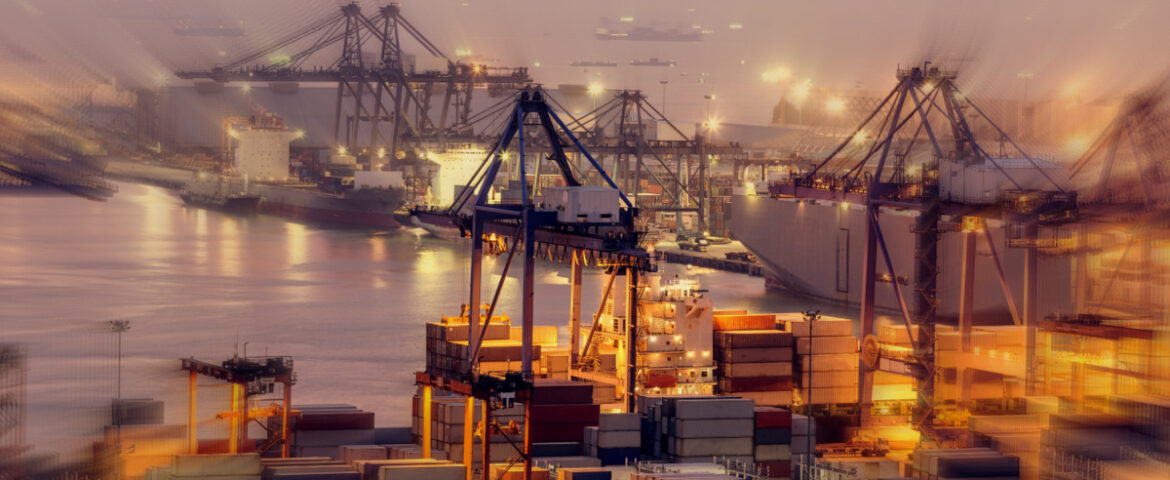This is not a call to return to the past, yet including hard quantitative publication targets in employment contracts is neither essential nor enough to secure scientific progress in the field. Faculties need to change the way they assess ‘performance’ of scholars, by focusing less on quantity of publications and citations and more on real/tangible contributions to solving key issues in the port environment and the broader society or where the methodologies used contribute to the advancement of the methodology as a tool for future research.
7.
The New Scientist compared recently (February 2017) scientific progress with “a tree with deepening roots and growing branches – which sometimes take a long time to bear fruit”. So “the gap between identifying a problem to be solved, devising a technique and then putting it to work – a step often not even on the radar of those who initiated the process – can last a long time”.
In our research field, the maturity of research has reached a stage that a lot of existing port studies provide the seed for both present and future generations of scientists to cultivate the tree of knowledge. Research will progress only when time available for understanding the problem sets and the conceptual advancements already made. Better insights will be reached – replacing published studies providing little more than speculation – only when time is available to rate existing analytical techniques but also develop new ones, but also to found new concepts to understand modern times.
Like any other scientist, maritime and port economists can, and need, to build on the work of others, and leave our own work for others to build on.
[1] A research note first presented at the IAME 25th Anniversary Special Session of the IAME 2017 Conference and discussed during the 15th meeting of the Port Performance Research Network (PPRN), June 2017, Kyoto, Japan.
[2] I would like to thank Mary Brooks, Constantinos Chlomoudis, Peter de Langen, Theo Notteboom, George Vaggelas, and Gordon Wilmsmeier for comments on earlier drafts of this note. Our various exchanges and different angles of approaching the issue made me think that is worth in putting the present note forward for discussion with IAME and PPRN colleagues.
[3] Pallis A.A., Vitsounis T.K., De Langen P.W. and Notteboom T.E. (2011). Port Economics, Policy and Management: Content Classification and Survey. Transport Reviews, 31(4), 445-471; Pallis A.A., Vitsounis T.K. and de Langen P.W. (2010). Research in Port Economics, Policy and Management: A Review. Transport Reviews, 30 (1), 115-161.
[4] Notteboom T.E. Pallis, A.A. de Langen P.W. and Papachristou A.A. (2013). Advances in Port Studies: The contribution of 40 years Maritime Policy and Management. Maritime Policy and Management, 40(7), 636-653.
[5] For all these reasons, in 2008 several port economists founded PortEconomics. We set a website that provides freely accessible research, education, information, and network-building material to experienced researchers, but also to newcomers. We constructed and regularly update a PortStudies Database that informs researchers on what port scholars have studied already since 1950s (for more, visit www.porteconomics.eu).












